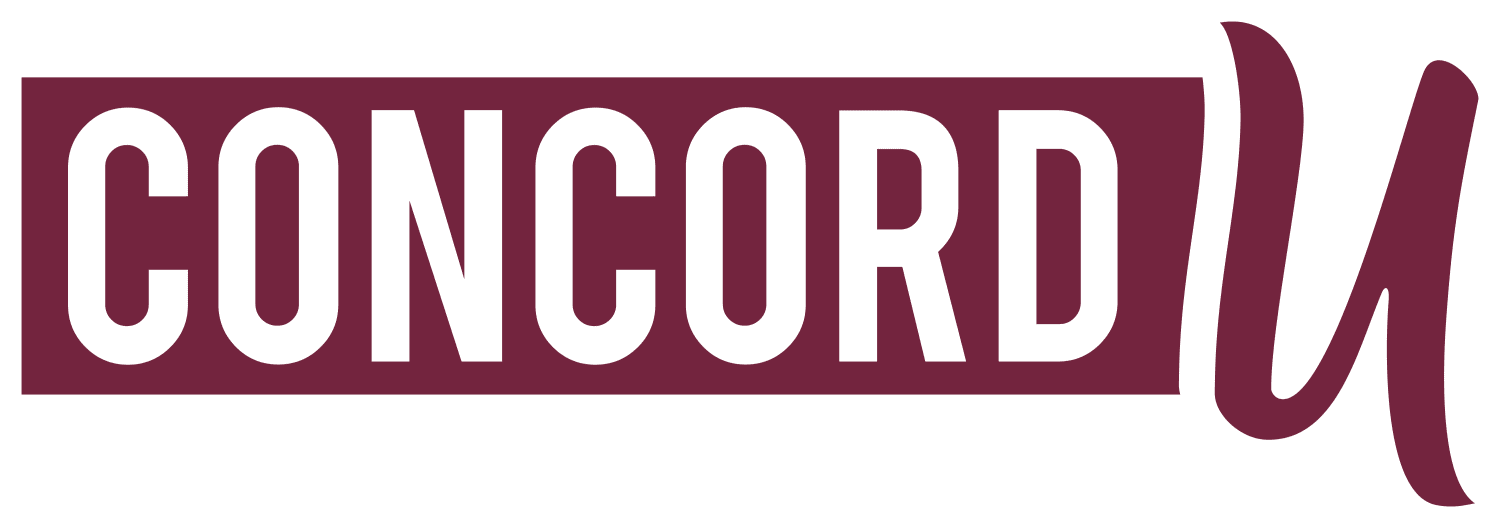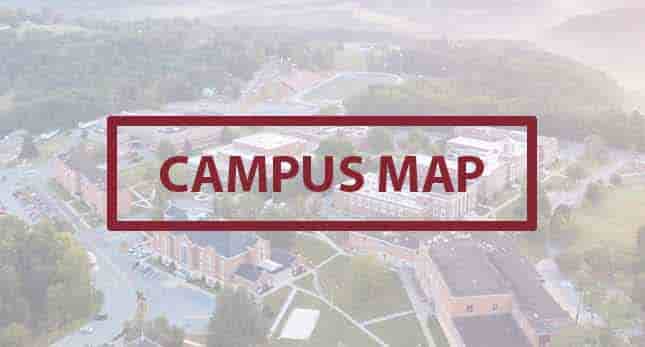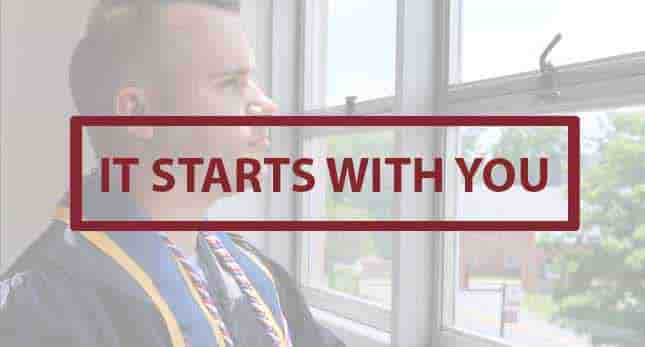Concord University’s STEM Fellowship Program is now available for individuals who have undergraduate degrees in Biology, Chemistry, or Mathematics. There are currently 16 fellowships available with cohorts beginning spring 2025 and spring 2026. The goal of our STEM Fellowship Program is to prepare and sustain STEM teachers in rural high-need schools. Members of our STEM Fellowship Program will receive:STEM Fellowship Program
STEM Fellowship Program Eligibility
Benefits
How to Apply
Frequently Asked Questions
STEM Fellowship ProgramBayleigh Meadows2025-04-17T08:34:04-04:00


